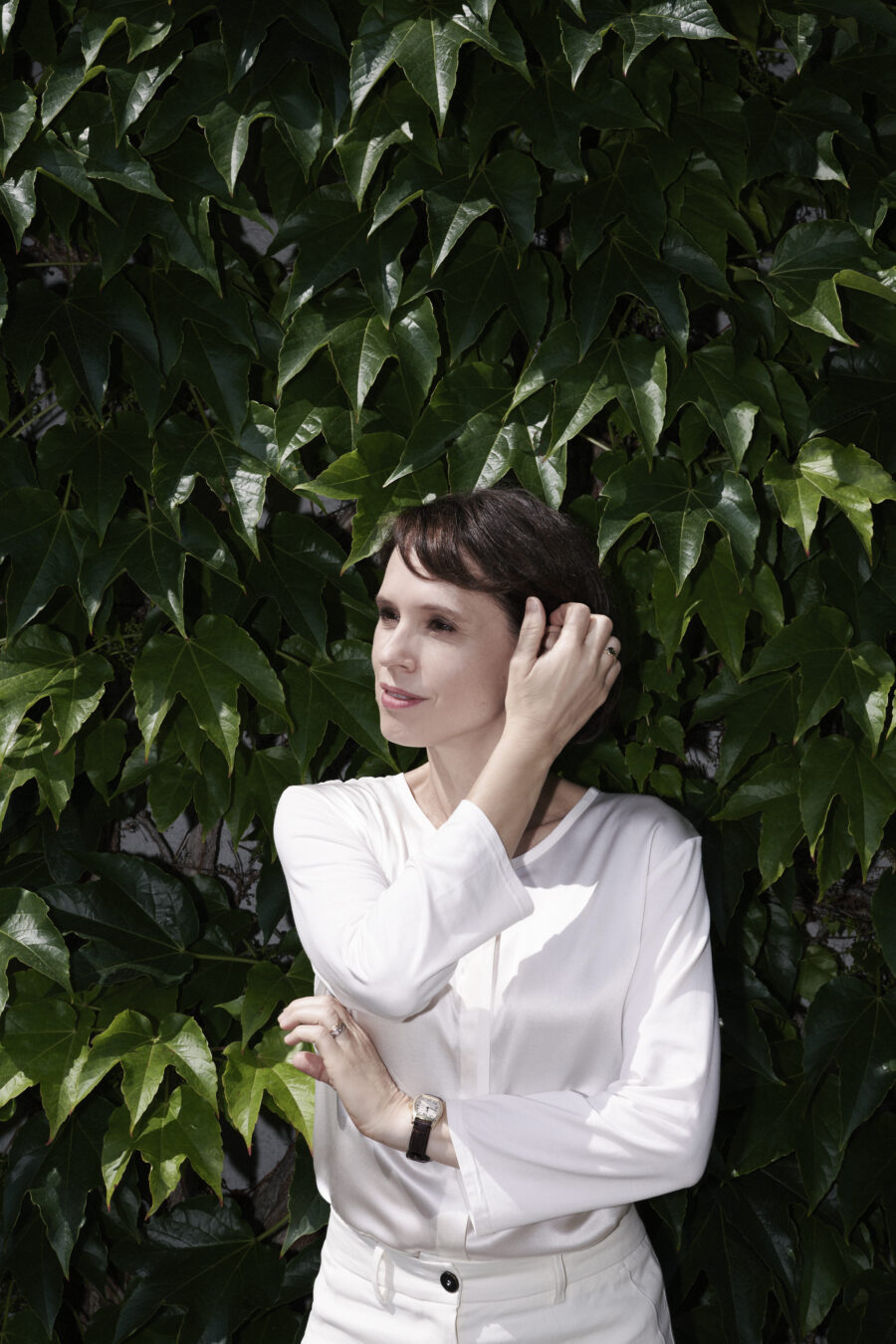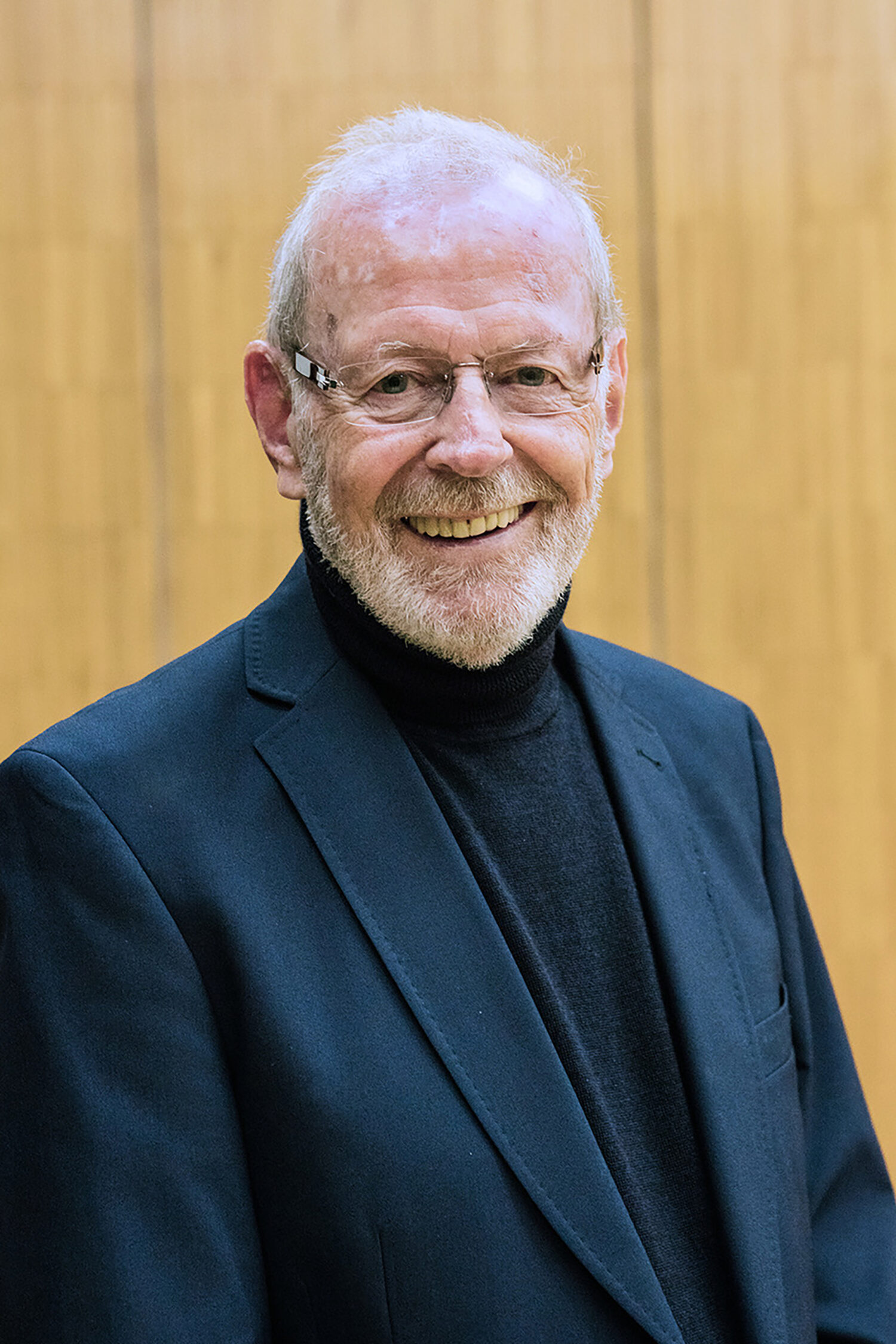Tickets
| Prices | CHF 19.– / 26.– / 33.– |
| Price category can be freely selected. | |
| U18: CHF 10.– | |
| More Ticket Informations (U18, Kultur-GA, Wheelchair users) |
The spirituality market is booming. Often, it’s not about worshipping an otherworldly power, but about a “sacralization of the ego,” as sociologist of religion Thomas Luckmann calls it. But when does the spiritual quest turn into a marketing gag and capitalistically motivated self-optimization?
The well-known Zen teacher and Jesuit Niklaus Brantschen has studied and practiced the most diverse spiritual traditions on his way: Christian theology, philosophical mysticism, the path of Zen Buddhism. In his book “Gottlos beten” (Praying Godlessly), he addresses people who are spiritually hungry but have little to do with common images of God. But what does a Buddhist believe in? Is the overwhelming feeling of seeing the sun rise far up in the mountains a spiritual experience? Is there “religion without God” as the legal philosopher Ronald Dworkin put it? And can we also shorten the path to spiritual growth with appropriate substances such as LSD or ayahuasca?
Barbara Bleisch in conversation with Niklaus Brantschen about the value of silence, the power of gratitude and the question of what we find when we search forever.
Barbara Bleisch

Barbara Bleisch, Dr. phil., studied Philosophy, German Literature and Religious Studies in Zurich, Basel and Tübingen, before completing her doctorate at the Centre for Ethics at the University of Zurich.
She has been hosting the programme «Sternstunde Philosophie» for the Swiss public broadcaster SRF since 2010 and writing as a columnist for the Swiss daily newspaper «Tages-Anzeiger» since 2018. Barbara is a member of the Centre for Ethics at the University of Zurich and lectures Ethics in various advanced study programmes. Further, she is a member of the jury of the Tractatus award for philosophical essay writing.
Her most recent publications include «Wanting Children» (together with Andrea Büchler, Hanser), «Why We Owe Our Parents Nothing» (Hanser), «Familial Obligations» (Suhrkamp) and «Ethical Decision-Making» (Versus).
Niklaus Brantschen
Born in 1937 in the canton of Valais, Niklaus Brantschen grew up in a traditional Catholic family. After joining the Jesuit order and studying theology and adult education, he became intensively involved with Zen and studied in Japan. In the 1990s he co-founded the Lassalle Institute for Zen Ethics Leadership in Bad Schönbrunn and directed it until 2002. Brantschen is known as a spiritual teacher and Zen master far beyond Switzerland, among other things for his work on interreligious dialogue.
Credits
Unterstützt durch:
- GVB Kulturstiftung
- Gesellschaft zu Zimmerleuten
- Gesellschaft zu Schumachern
Büchertisch in Zusammenarbeit mit Münstergass-Buchhandlung Bern
Fotocredits: Mirjam Kluka

